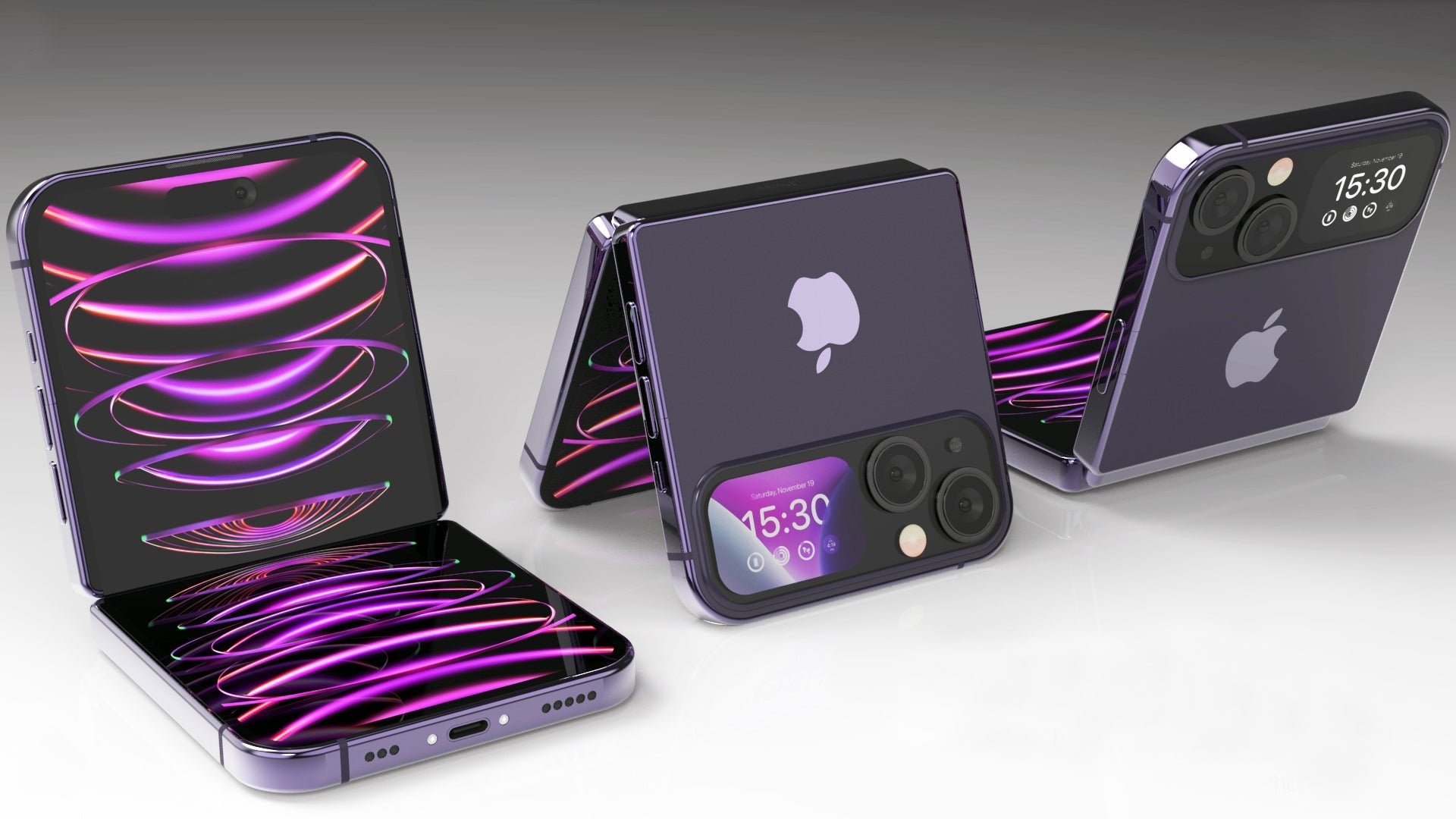

In the ever-evolving landscape of smartphone technology, foldable phones have captured significant attention and market share. While manufacturers like Samsung and Huawei have already launched several foldable models, Apple has yet to introduce a foldable iPhone. This raises an important question: why hasn’t Apple jumped on the foldable bandwagon?
Apple has always been known for its cautious approach to innovation. Rather than rushing to be the first in the market, Apple often prefers to wait until technology matures. This strategy allows the company to avoid potential pitfalls associated with untested technologies. Foldable screens are still relatively new, and the initial models have experienced durability issues. By waiting, Apple can learn from competitors’ mistakes and ensure that their product meets the high standards of quality and reliability that consumers expect.
One of Apple’s core principles is delivering a superior user experience. The company invests heavily in design and usability, and foldable phones present unique challenges in these areas. The mechanics of folding screens could complicate the user experience, particularly regarding app compatibility, interface design, and overall functionality. Apple is known for its meticulous attention to detail, and it may be that they are still in the process of developing solutions to these design challenges.
While foldable phones have generated excitement, the overall market demand is still evolving. Many consumers remain satisfied with traditional smartphones, particularly those who prioritize reliability and simplicity. Apple may be waiting to see whether foldable phones will achieve widespread acceptance before committing to a foldable design. The company’s focus on high-end products means that they need to ensure a foldable iPhone would not only be desirable but also profitable.
The technology behind foldable screens involves complex engineering and design. Issues such as hinge durability, screen longevity, and software optimization for foldable displays are significant challenges that need to be addressed. Apple tends to prioritize quality and longevity in its products, and the current state of foldable technology may not align with the company’s standards. By waiting, Apple can invest time in developing reliable technology that meets their rigorous criteria.
Apple’s ecosystem is one of its strongest selling points. A foldable iPhone would need to integrate seamlessly with other Apple products, such as the iPad, Mac, and Apple Watch. This level of integration requires extensive development and testing to ensure that all devices work harmoniously. Apple may be holding off on a foldable iPhone until it can guarantee that it will enhance, rather than disrupt, its ecosystem.
Apple is known for introducing groundbreaking technologies in its devices. In recent years, the company has focused on enhancing its current lineup of products, such as improving camera systems, increasing processing power, and developing features like 5G connectivity and augmented reality. This focus on other innovations may be a strategic decision, allowing Apple to build on its existing strengths rather than diverting resources to a foldable phone.
Apple has a history of carefully timed product releases. The company often launches new technologies only when it believes the market is ready. As foldable phones continue to gain traction, Apple may be analyzing consumer reactions and market trends to determine the optimal time for entry. A well-timed launch could maximize interest and sales, and Apple is likely weighing its options.
While the concept of a foldable iPhone is intriguing, there are numerous reasons why Apple has not yet released one. From a cautious approach to innovation and user experience concerns to technical challenges and strategic product timing, Apple is taking its time to ensure that any new device meets its high standards. As technology evolves and consumer preferences shift, it’s possible that we will see a foldable iPhone in the future, but for now, Apple seems content to watch and learn from the unfolding market dynamics.
Share:
The Future of Online Phone Case Shops in the UK: Trends, Growth, and Opportunities
Why Choose a Christmas Phone Case from KODDY London?